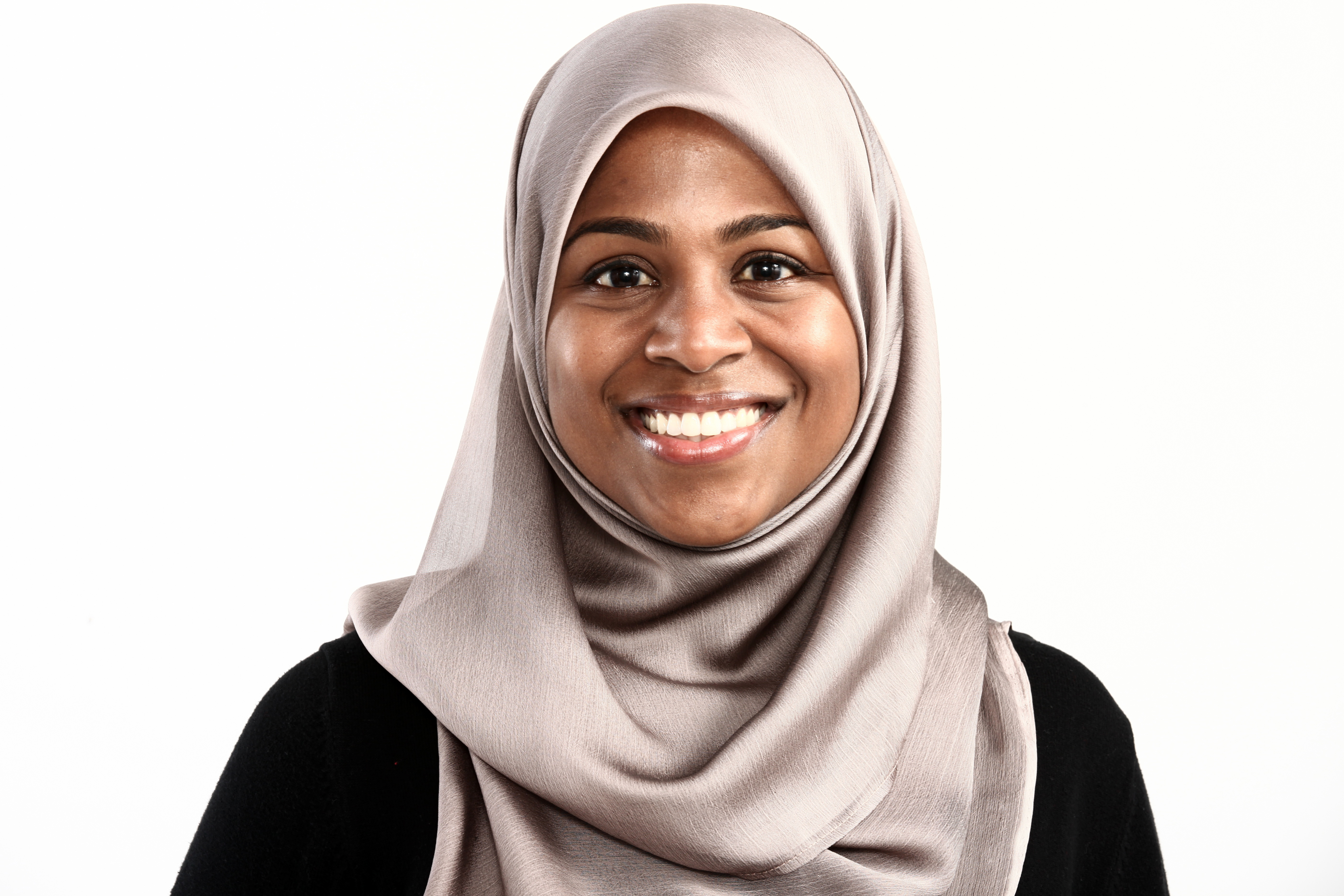Recent hate crimes inspire “˜Hoodies & Hijabs’ panel to discuss race, social injustice

courtesy of NURA MAZNAVI
Tonight’s panel “Hoodies & Hijabs: Perspectives on Social Injustice in a “˜Post-Racial’ Society” will feature a mix of scholars, artists and activists, including author Nura Maznavi.
Today, 6 p.m.
Northwest Auditorium, FREE
By Teresa Jue
April 26, 2012 12:33 a.m.
A young black boy is gunned down by a man who thought he looked “suspicious” in his hoodie. A Muslim American mother is beaten to death in her home, with a note reading, “go back to your country, you terrorist,” beside her. These murders of 17-year-old Trayvon Martin and 32-year-old Shaima Alawadi have not only become catalysts for racial protest and debate across the nation, but also here at UCLA.
Tonight at the Northwest Auditorium, the racial implications of these murders will be discussed in a panel, “Hoodies & Hijabs: Perspectives on Social Injustice in a “˜Post-Racial’ Society,” presented by the Cultural Affairs Commission, Afrikan Student Union, Muslim Student Association and Samahang Pilipino.
Third-year international development studies student Taylor Mason, also the co-chief of staff for the Cultural Affairs Commission, said these recent crimes provided the opportunity for discussion on the UCLA campus, and that the title was derived from numerous discussions on college campuses across the country.
“”˜Hoodies & Hijabs’ was something that a lot of college campuses across the U.S. were using because they are the two key things when you see on someone “˜suspicious,'” Mason said. “They’re wearing a hoodie, or the trademark for a Muslim woman is supposedly her hijab, and these were two things that were distinctly used to victimize or criminalize these two people.”
The panel will comprise of a mix of scholars, artists and activists, such as hip-hop activist Bakari Kitwana, professor of Pan-African studies at California State University, Los Angeles Melina Abdullah, Muslim American author of “Love, InshAllah: The Secret Love Lives of American Muslim Women” Nura Maznavi and UCLA alumnus and community activist Sikander Iqbal.
As controversy arises over recent developments in the Alawadi case, where family members have been accused of forging the note themselves, Iqbal said the initial uproar over the racist note still can cause people to think about the stigmatization of Muslim Americans.
“Even if the whole “˜go back to your country’ thing is fake, the fact that somebody did that and everybody believed it forces people to have this conversation,” Iqbal said. “It allows people to face the hatred in them and their racism in them.”
Maznavi, who works extensively on preventing anti-Muslim hate and violence, said she wasn’t surprised that hate crimes are still happening in the world today.
“Hate crimes against Muslims are on the increase, and we think that hate crimes or crimes based on ethnic racial identity are a thing of the past, but we know it’s not, and hate crime statistics are on the rise,” Maznavi said.
Third-year world arts and cultures student Eboni Allen will read a poem at the event about the murder of Martin, and said she wrote it to have a more empowering message about social justice. Allen said that these murders bring to light topics that people should talk about but don’t.
“We have to talk about these issues, we have to talk about hate crimes, and a lot of the campus that may not have their issues right in their face, this is something that people need to realize is real,” Allen said.

